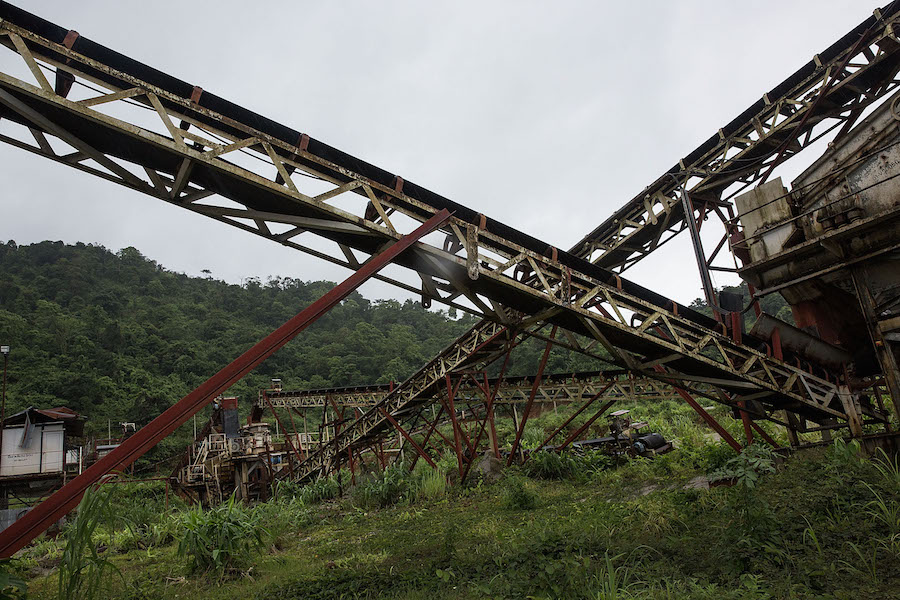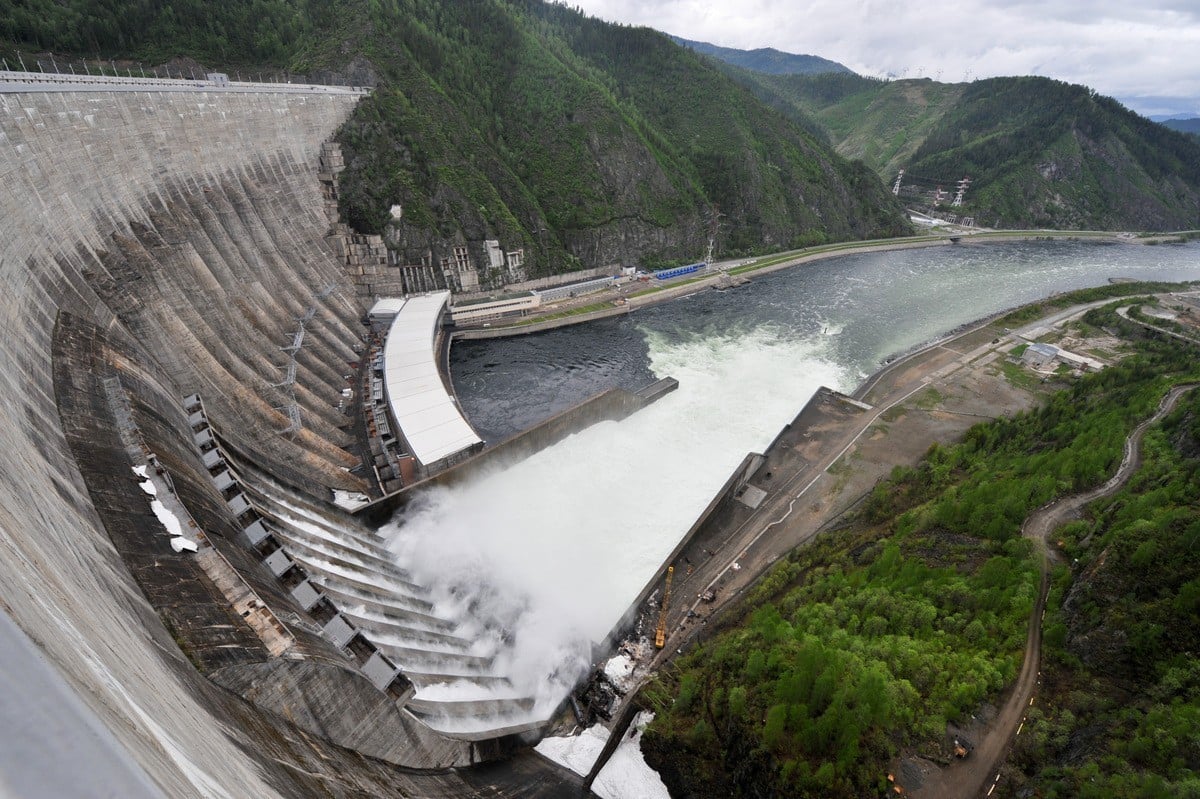A collection of civil society groups in the southern city of Dawei has begun to actively protest a Chinese-led US$3 billion proposal to build Myanmar’s largest oil refinery on their doorstep.
Local businesses, civil society organisations and villagers are circulating a petition calling for the new National League for Democracy-led government to reconsider the project – which received approval on the last full day of former president U Thein Sein’s administration.
Local residents were hardly involved in the approval process, according to the appeal, which suggests the environmental effects of the 100,000-barrels-per-day project may be catastrophic.
More than 2000 people from six villages have signed the petition, according to the Dawei Development Association.
“The community has the right to say no to such a project which will impact their future development,” said Ko Thant Zin, the group’s coordinator.
Citing planned relocation for multiple villages, Ko Thant Zin said that many people now stand to “lose their land and livelihood”.
“[So far] the local communities have only received one-sided information from the developers. Government authorities have provided us with no information.”
He said that the environmental impacts of the refinery are likely to include “loss and damage of biodiversity” around the site and that nearby fishing grounds will be hit by “huge tankers [which] transport crude oil”.
Local groups also confirmed they will be lobbying local government members in Dawei in the days ahead.
The project gained steam on March 29 when Chinese state-controlled commodity trader Guangdong Zhenrong Energy Co announced they had received approval from the Myanmar Investment Commission (MIC).
That day the company also signed an agreement to take a 70 percent stake in the project consortium with military-linked Myanmar Economic Holdings Limited, state-owned Myanma Petrochemical Enterprise (MPE) and Yangon Engineering Group, controlled by Htoo Group. The headline figure of $3 billion would make the refinery among the biggest single foreign investments into Myanmar.
The Directorate of Investment and Company Administration (DICA) has since said the prospective location for the refinery is 3 miles (4.8 kilometres) south of Launglon township in Dawei district, on MEHL-owned land that was formerly used as a palm oil plantation.
The Myanmar Times understands that an Environmental Compliance Certificate based on the contents of Environmental and Social Impact Assessment Reports is yet to be issued.
Several actors have claimed that the process around these reports has not been sufficiently transparent.
Investors behind the planned Mandolis Resort at Tizit Beach, an eco-resort being built in the vicinity of the proposed site, are particularly upset about the potential environmental impact. The resort is under construction and scheduled to open later in 2016 after several years of development. According to promotional material for the resort “the foundations of all buildings of the first stage are finished”.
Investor Nawar Al Bitar said if the oil refinery goes ahead then the project will be stopped “due to environmental reasons”.
“There will be no tourists on the whole Dawei Peninsula,” he said.
Image: Tony Weidman, Getty Image




